Publications
Articles, publications, books, tools and multimedia features from the U.S. Institute of Peace provide the latest news, analysis, research findings, practitioner guides and reports, all related to the conflict zones and issues that are at the center of the Institute’s work to prevent and reduce violent conflict.

Can Israel’s New Coalition ‘Change’ the Israeli-Palestinian Conflict?
With minutes to spare before his mandate to form a coalition expired, Yair Lapid, the leader of Israel’s center-left Yesh Atid party, announced that he had formed a governing bloc. This announcement could usher in an Israeli government that, for the first time in 12 years, is not led by Benjamin Netanyahu. The down-to-the-wire negotiations befit the prior two years of Israeli political drama — with four elections held since April 2019. While this potentially portends a new, post-Netanyahu chapter in Israeli politics, it is unlikely that the ideologically disparate coalition cobbled together by Lapid —with Naftali Bennet, a hard-right politician, at its helm — will yield significant progress toward peace.
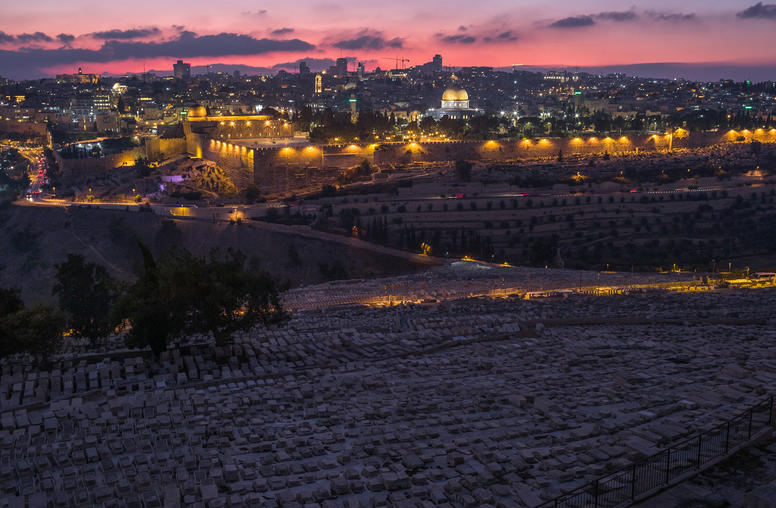
The Israeli-Palestinian Conflict Amid a New Reality and a New Region
Thirty years ago, the Madrid Middle East Peace Conference aimed to resolve the Arab-Israeli conflict and initiated what we now think of as the Israeli-Palestinian peace process. Three decades later, the world and the region have undergone tectonic changes, bearing little resemblance to 1991 when the Cold War came to a close. Yet, Israeli and Palestinian leaders are still dealing with their conflict as if it is business as usual. The time has come for them to take a more sober look at the global and regional trends that spell trouble for them and their peoples. Without such a reorientation from leadership on both sides, it is likely that there will be continued and escalating rounds of violence like what we witnessed this past month.
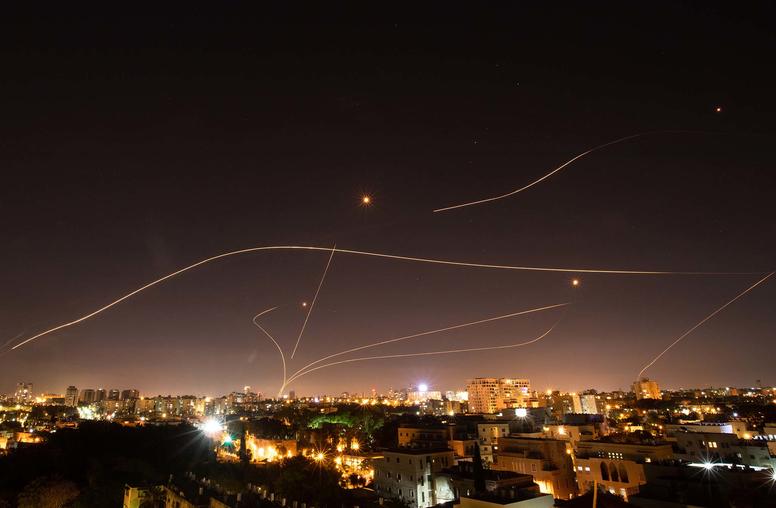
10 Steps Washington Can Take After the De-escalation of the War on Gaza
In a call with Israeli Prime Minister Benjamin Netanyahu yesterday, President Biden said he was supportive of a cease-fire amid the continued violence in Israel and the Palestinian territories. As ongoing Hamas rocket barrages and Israeli airstrikes add to the rising death toll, there are immediate, short-term measures needed to stave off more violence. But, a cessation of the current hostilities will not address the long-term issues that have prevented a resolution to the decades-long conflict. How can Washington break through the long-standing status quo that has stymied efforts to forge a peaceful settlement?
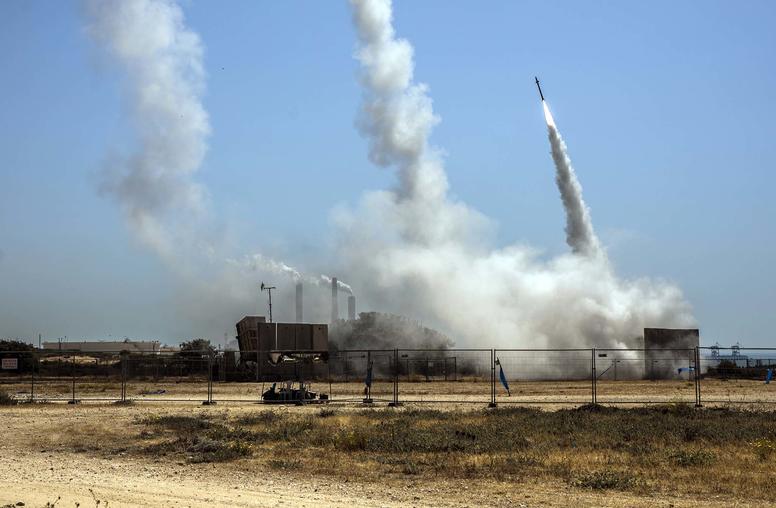
What Sparked the Latest Israeli-Palestinian Confrontations?
For weeks, tensions have been building between Israelis and Palestinians in Jerusalem, with a confluence of recent events and longer-term trends leading to the latest violence. Israeli restrictions around holy sites during Ramadan; increasingly intense protests and violence on both the Israeli and Palestinian sides, with each side blaming the other for initiating; and a court decision, now under higher court review, to remove Palestinian families from an East Jerusalem neighborhood preceded this latest round of conflict — the most violent since the 2014 Gaza war. More broadly though, sclerotic Israeli and Palestinian internal politics not only made this conflagration more likely, but also mean that finding a path to de-escalation will be more difficult.
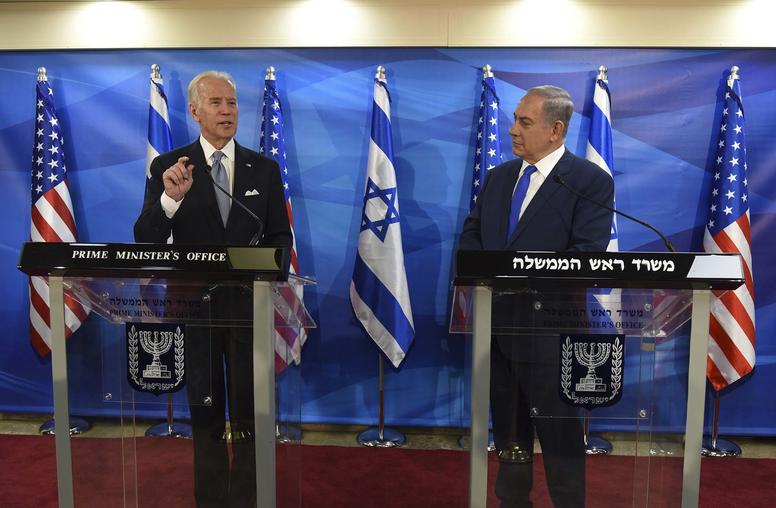
Why Biden Should Prioritize Preserving the Two-State Solution
The Biden administration came into office facing a host of pressing domestic and foreign policy challenges. And while issues like a rising China, the Iran nuclear deal, and the COVID pandemic will dominate the new administration’s agenda, it should not lose sight of the decades-old Israeli-Palestinian conflict.

Lucy Kurtzer-Ellenbogen on Israel’s Political Crisis
As Israel heads toward a fourth elections in two years, USIP’s Lucy Kurtzer-Ellenbogen says the incoming Biden administration will need to engage in a “balancing act” to “navigate this situation and not start off with a rocky, tempestuous relationship.”

Normalizing Sudan-Israel Relations Now is a Dangerous Game
With the UAE and Bahrain having joined Egypt and Jordan in declaring peace with Israel, those asking “who’s next?” often look enthusiastically westward, toward Khartoum. Adding new chapters to the Abraham Accords is in the U.S. interest, but so is a successful transition in Sudan. And the sequence of these steps is critical. A unified Sudanese government with a popular mandate will be better able to forge a warm and sustainable peace with Israel, whereas a rushed Israeli-Sudanese agreement has the potential to unravel Sudan’s transition and generate renewed support for Sudan’s Islamists and their foreign backers.
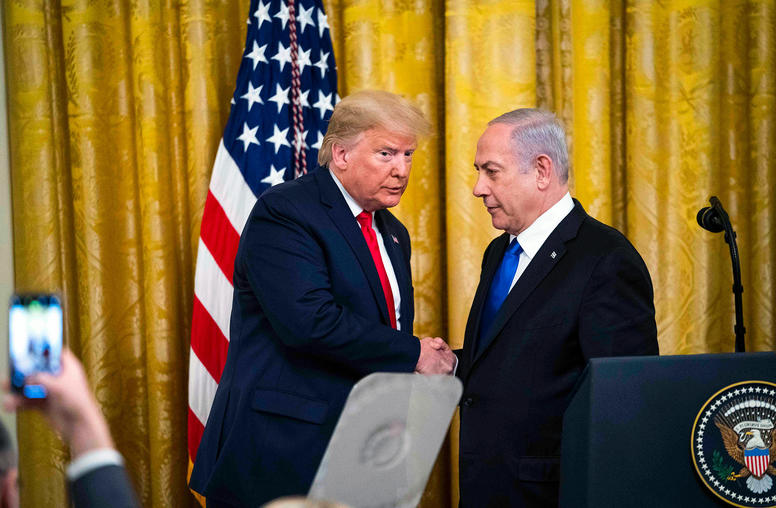
The Collapsing Foundation for Israeli-Palestinian Peace
The diplomatic agreements being signed this week among the United Arab Emirates, Bahrain and Israel present formidable challenges to the long-standing paradigm for peacemaking in the Israeli-Palestinian conflict and are yet to provide a viable substitute. While final contours of the agreements remain to unfold, their approach undermines the paradigm of providing an incentive for Israel to accept Palestinian self-determination as part of normalized relations with its Arab neighbors. With the Israeli-Palestinian divide wider now than any time since 1967, the erosion of these cornerstones for peacemaking is a precursor for an eventual new crisis.
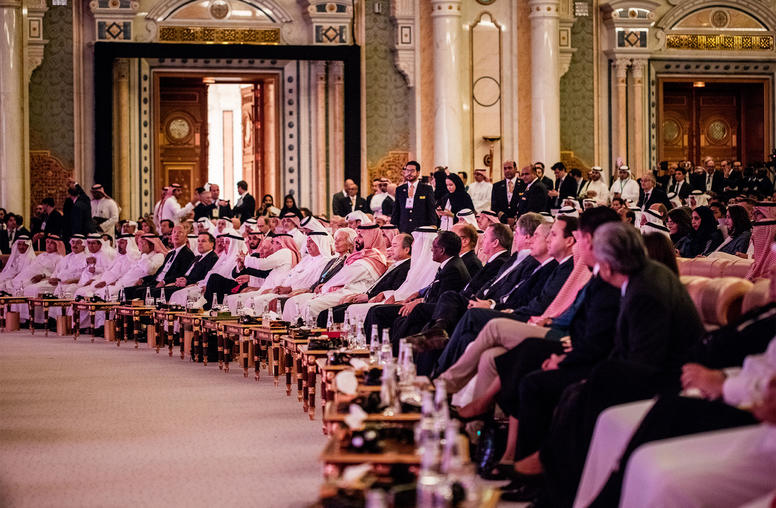
After UAE Deal, How Can Arab States Impact Israeli-Palestinian Peace?
For decades, many Arab states were united in their hostility toward Israel and support for the Palestinian cause, even though in some cases that backing was simply rhetorical. In recent years, however, Israel and some Arab countries have engaged in a quiet rapprochement, spurred by common concerns over Iran’s influence in the region, among other things. The August 13 announcement of the “Abraham Accord” between Israel and the UAE was the most public and dramatic demonstration of these shifting regional dynamics. But what does this mean for the Israeli-Palestinian conflict and the role of the region in finding a resolution?

Robert Barron on the Abraham Accord
While a break from longstanding precedent, USIP’s Robert Barron says that normalization between Israel and the UAE was “perhaps a long time coming … [and] it definitely represents an upcoming generation of leadership in the Gulf.” Meanwhile, questions over Israel’s annexation plans continue to linger.